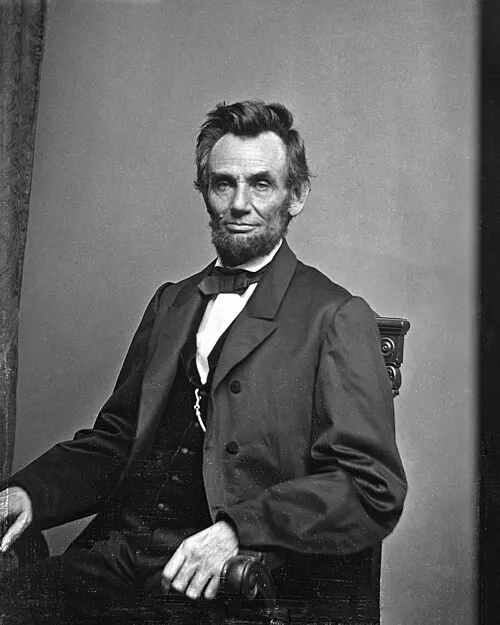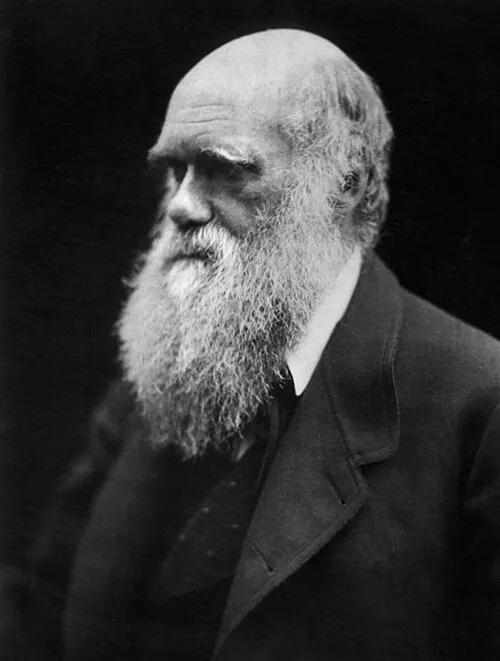
Celebrating Lincoln's Birthday: A Tribute to America's 16th President
Lincoln's Birthday, celebrated on February 12th, honors the life and legacy of Abraham Lincoln, the 16th President of the United States. Born in 1809, Lincoln is best known for his leadership during the Civil War and his commitment to ending slavery through the Emancipation Proclamation. This article explores the significance of Lincoln's Birthday, its historical context, and how it is observed across the nation.
Historical Background
Abraham Lincoln was born in a humble log cabin in Hardin County (now LaRue County), Kentucky. Rising from modest beginnings, he became a lawyer and eventually entered politics. In 1860, he was elected President as a Republican candidate, prompting several Southern states to secede from the Union. His presidency, marked by the Civil War, was pivotal in preserving the nation and promoting equality.
Lincoln's commitment to abolishing slavery culminated in the Emancipation Proclamation, which proclaimed freedom for slaves in Confederate-held territory. His dedication to the Union and human rights remains a cornerstone of American values.
Significance of Lincoln's Birthday
Lincoln's Birthday is a time to reflect on the principles of freedom, equality, and unity that he championed. It serves as a reminder of the struggles faced during his presidency and the resilience of the American spirit. The legacy of Lincoln inspires generations to uphold the ideals of democracy and justice.
Observing Lincoln's Birthday
Although Lincoln's Birthday is not a federal holiday, it is recognized in several states, including Illinois, where he began his political career. Schools, government offices, and some businesses may close in observance of the day. Many organizations hold events and activities to celebrate Lincoln's life, including lectures, reenactments, and community service projects.
In schools, it is common for teachers to discuss Lincoln's contributions to American history, highlighting his role in the abolition of slavery and his efforts to preserve the Union. Activities may include reading books about Lincoln, exploring historical documents, and discussing the impact of his presidency.
Lincoln's Legacy
Abraham Lincoln's influence extends beyond his time in office. His speeches, such as the Gettysburg Address, resonate with ideals of democracy and human rights. Lincoln's ability to communicate effectively inspired a nation during its darkest hours, and his commitment to unity remains relevant today.
In addition to his political achievements, Lincoln is remembered for his humility, compassion, and dedication to public service. These qualities have solidified his status as one of America's most revered leaders.
Conclusion
Lincoln's Birthday not only commemorates the life of a great leader but also prompts us to consider the ongoing fight for equality and justice. It serves as an opportunity to honor his memory by reflecting on our own values and the work that still needs to be done to fulfill his vision for America. As we celebrate Lincoln's Birthday each year, we are reminded of the ideals he embodied and the importance of continuing his legacy.






